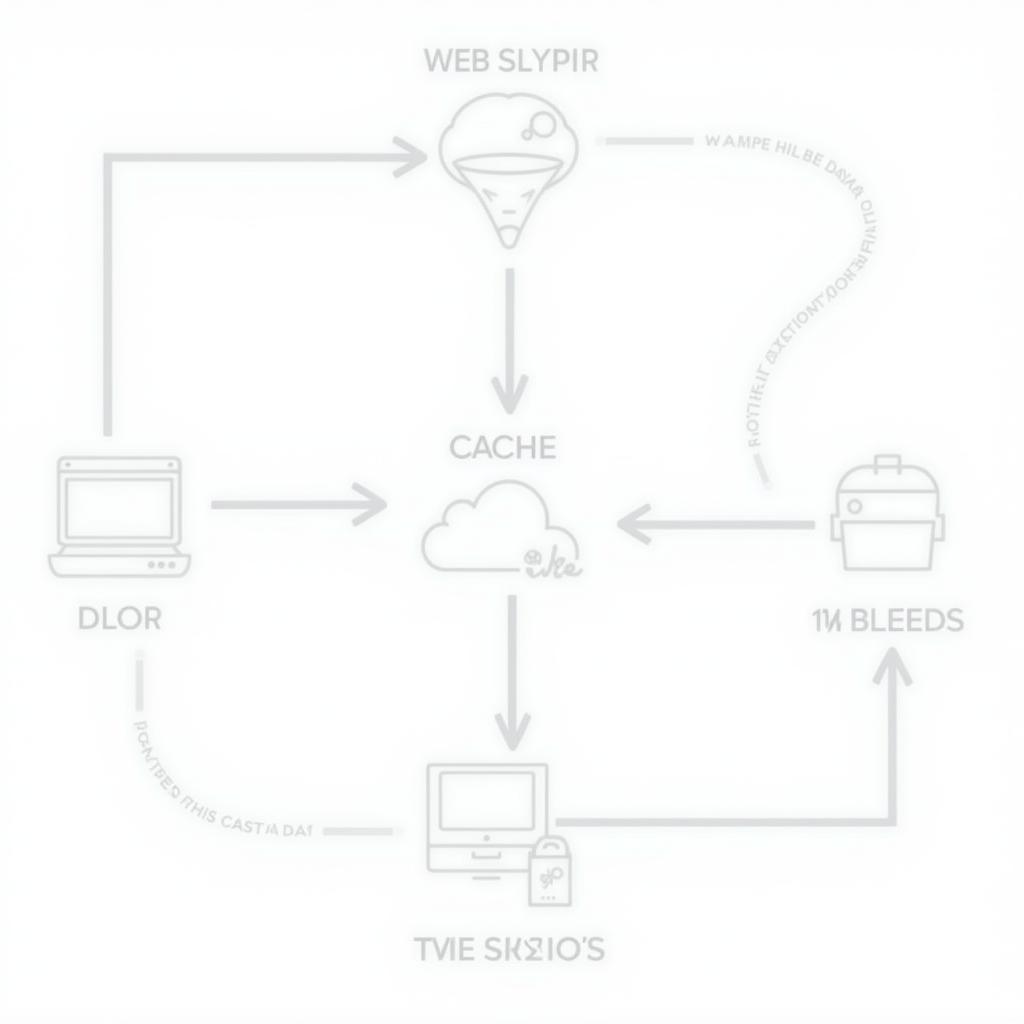Understanding Cache Integrity Services
October 20, 2024Cache Integrity Services play a crucial role in ensuring the smooth and secure delivery of online content. They work behind the scenes to optimize website performance and protect sensitive information. But what exactly are cache integrity services and how do they benefit both businesses and users?
What are Cache Integrity Services?
At its core, cache integrity refers to the process of ensuring that the cached data is an accurate and unaltered representation of the original source data. This involves verifying that the data hasn’t been tampered with, corrupted, or outdated.
Cache integrity services are the mechanisms and technologies employed to maintain this integrity. These services typically involve:
- Data validation: Techniques like checksums and hash functions are used to verify the data’s integrity. Any discrepancy between the original and cached data triggers an alert, signaling potential issues.
- Access control: Strict access control measures are implemented to prevent unauthorized modifications or access to the cached data. This ensures that only authorized entities can modify the data, preserving its integrity.
- Cache invalidation and updates: When source data is updated, the cache needs to be synchronized to reflect those changes. Cache integrity services include mechanisms for invalidating outdated cache entries and fetching the latest data from the source.
 Cache Integrity Diagram
Cache Integrity Diagram
The Importance of Cache Integrity
Compromised cache integrity can lead to various issues, including:
- Data corruption: Inaccurate or corrupted data served from the cache can lead to application errors, website malfunctions, and even data loss.
- Security vulnerabilities: Attackers can exploit vulnerabilities to inject malicious code or manipulate cached data, potentially compromising user devices or stealing sensitive information.
- Performance degradation: If the cache serves outdated or incorrect data, it can lead to poor website performance and a negative user experience.
Benefits of Implementing Robust Cache Integrity Services
Implementing robust cache integrity services offers several key benefits:
- Enhanced Security: By ensuring the accuracy and authenticity of cached data, these services help mitigate the risk of data breaches, malware infections, and other security threats.
- Improved Performance: Serving validated data from the cache reduces the load on origin servers, leading to faster page load times and improved website performance.
- Enhanced User Experience: Users benefit from a smoother, faster, and more reliable browsing experience when cache integrity is maintained.
- Increased Trust and Reliability: Consistent and accurate data delivery builds trust with users and enhances the overall reliability of online services.
Conclusion
Cache integrity services are essential for maintaining the security, performance, and reliability of online content delivery. By ensuring the accuracy and authenticity of cached data, these services provide a crucial layer of protection against a wide range of threats while enhancing the overall user experience. As our reliance on online services continues to grow, prioritizing and implementing robust cache integrity measures will be paramount in building a safer and more efficient digital world.